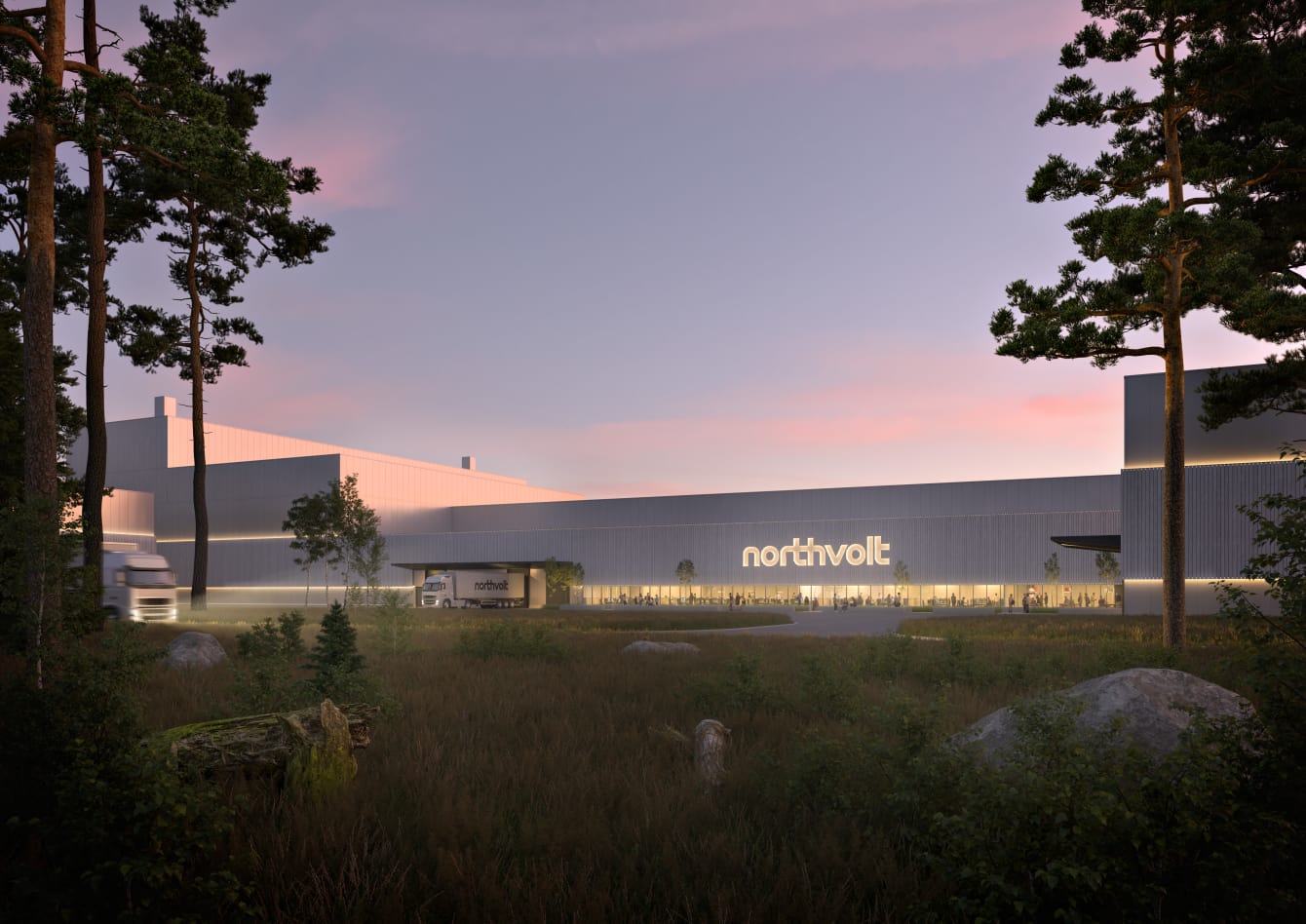Germany Shoulders €600 Million Of Northvolt Debt

Lender KfW is to be reimbursed by the German government more than €600 million ($629 million) of Northvolt debt
|
Getting your Trinity Audio player ready...
|
One of the consequences of Northvolt AB declaring last month Chapter 11 bankruptcy protection in the US, has been made clear for German taxpayers.
Bloomberg reported that Germany will assume more than €600 million ($629 million) of debt that its development bank had extended to Northvolt for the construction of a battery plant in the country.
The Chapter 11 filing of Europe’s battery start-up had come as no surprise, after Northvolt was previously said to be discussing the possibility of bankruptcy protection in the United States and had appointed a restructuring expert, as one of several options for the cash-strapped company to survive.

German government
Now according to the Bloomberg report, the federal government will this month reimburse lender KfW for the value of a convertible bond and related costs.
This is according to a spokesman for the German economy ministry, in an emailed response to questions from Bloomberg.
It is not yet possible to tell if the German government faces losses, the ministry spokesman reportedly stated.
However Germany’s Bild newspaper reported earlier that the government faced total outlays of €620 million for KfW’s claims on Northvolt.
The state of Schleswig-Holstein assumed a €300 million guarantee for the convertible bond and will reimburse that sum to the federal government, according to the spokesman.
Loan talk collapse
In September after a strategic review and as part of a cost cutting exercise, the firm announced it would cut 25 percent of its workforce.
It confirmed that 1,600 Northvolt employees were to be let go, split across Skellefteå (1,000 positions), Västerås (400 positions) and Stockholm (200 positions).
Northvolt had been in talks with investors and lenders in October over securing short-term funding worth about 200 million euros ($218m, £167m).
That funding however was not considered enough to secure the company’s future however, and shortly after that it was reported that the talks with creditors, shareholders and at least one customer on a short-term financing deal had stalled.
That came soon after the company replaced the chief executive of its Northvolt Ett (“One”) factory.
Money, production issues
Then in November Northvolt filed for Chapter 11 bankruptcy after it failed to agree a last-minute rescue package with investors.
Northvolt revealed in its Chapter 11 filing that as of the filing date, it had only $30m of cash left, which was enough to support its operations for one week.
The loss-making company added that it had debt of $5.8bn.
Northvolt also announced hat it’s CEO and co-founder Peter Carlsson was stepping down.
The firm needs to raise between $1 billion and $1.2 billion in order to restore its business, Carlsson told reporters.
Troubled period
Northvolt is Europe’s best-funded start-up, and in total the lithium-ion battery manufacturer has received approximately 10 billion euros ($10.57 billion) in funding since its startup in 2016.
Some figures suggest it has raised as much as $15 billion from investors such as Volkswagen, Goldman Sachs and BlackRock as well as from the German and Canadian governments.
Northvolt was seen as crucial to Europe’s automotive industry and its best chance of pushing back against Asian battery production and local players such as China’s CATL and BYD; Japan’s Panasonic; and South Korea’s LG and Samsung.
But the company has struggled to increase production at its one factory in Skellefteå in northern Sweden.
Prior to its bankruptcy filing, Northvolt had admitted it did not plan to meet a goal of producing 100,000 cells per week, after Reuters had reported it has been consistently missing internal production targets since early September.
The firm has only been producing 20,000 shippable cells per week.
The delays meant Northvolt lost a 2 billion euro (£1.7bn) contract with BMW in June, since which time it has been primarily producing for truck maker Scania as well as Volkswagen’s Audi and Porsche brands.